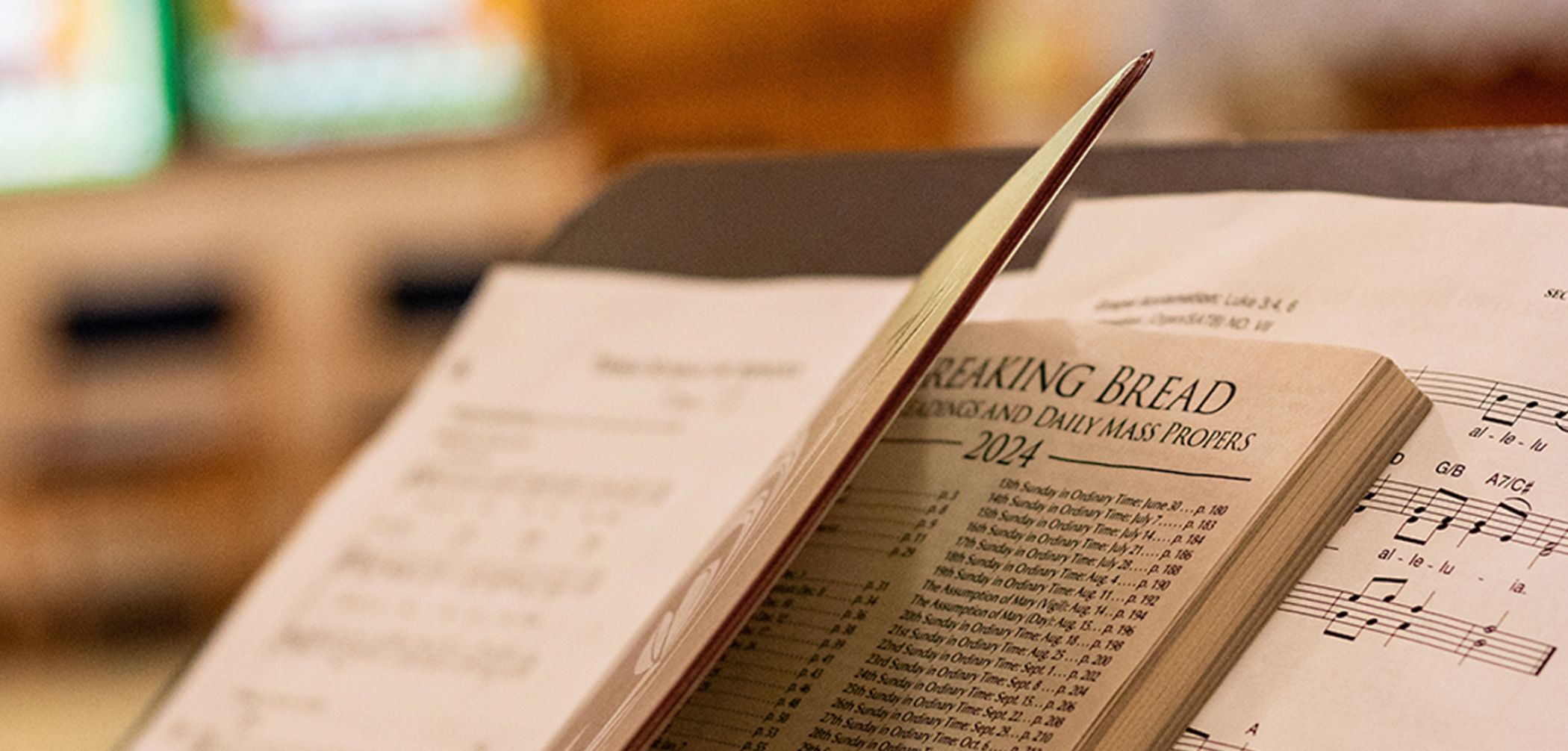
Dt 4:1-2, 6-8
Ps 15:2-3, 3-4, 4-5
Jas 1:17-18, 21b-22, 27
Mk 7: 1-8, 14-15, 21-23
Ps 15:2-3, 3-4, 4-5
Jas 1:17-18, 21b-22, 27
Mk 7: 1-8, 14-15, 21-23
Today’s readings explain what true religion is. It is not simply a scrupulous, external observance of rules, laws, traditions and rituals. It is a loving, obedient relationship with God expressed in obeying His Commandments, worshipping Him, recognizing His presence in other human beings and rendering them loving and humble service. Prayers, rituals, Sacraments and religious practices only help us to practice this true religion in our daily lives.
The First Reading explains that religion is a Covenant relationship with a caring, providing and protecting God, promoted by keeping His Commandments given through Moses. God gave Israel the Law so that the Israelites might keep their Covenant with Yahweh and thank Him for His love and fidelity to His Chosen People. The Law was also intended to keep them a united, holy and wise nation, proud of their powerful, protective, single God.
In the Second Reading, St. James defines true religion as keeping the word of God and doing His will by helping the needy, the poor and the weak in the community. He challenges Christians to become doers of the word, not merely hearers.
In today’s Gospel, Jesus describes true religion as serving God and all His children with a pure and holy heart. The Gospel explains the encounter of Jesus with the Sanhedrin observers and the Pharisees who had been sent to assess his unique, controversial teachings. These experts had found Jesus’ teachings an open violation of the “tradition of the Elders”, and His implied and spoken claims blasphemous. It was in the fifth century BC that the scribes started adding oral traditions as interpretations and practical applications of the Mosaic Law. The Pharisees observed them and insisted that all the Jews should do so. The original noble purpose was to sanctify the daily lives of the people, making them “holy as God is holy” (“You will be to me a kingdom of priests, a holy nation” (Ex 19:6), and different in lifestyle from their pagan neighbors. Jesus uses the occasion as a teachable moment: Don’t teach human doctrines as dogmas... Internal disposition, purity and holiness are more important than external ritual observances... Keep your heart holy as it is the source of sins, vices and evil habits. The observance of traditions and of washing rituals doesn’t correct the internal motivations and inclinations that really defile people... External piety without internal holiness is hypocrisy.
We need to learn and keep the spirit of the Church’s laws and ritual practices. For example, our Sunday obligation is intended to allow us to worship God in the parish community, to offer our lives to God, to ask His pardon for sins, to thank God for His blessings and to receive Divine life and strength from Him in Holy Communion.
Past Reflections
-
Weekly Reflection
-
Weekly Reflection
-
Weekly Reflection
-
Weekly Reflection
-
Weekly Reflection
-
Weekly Reflection
-
Weekly Reflection
-
Weekly Reflection

